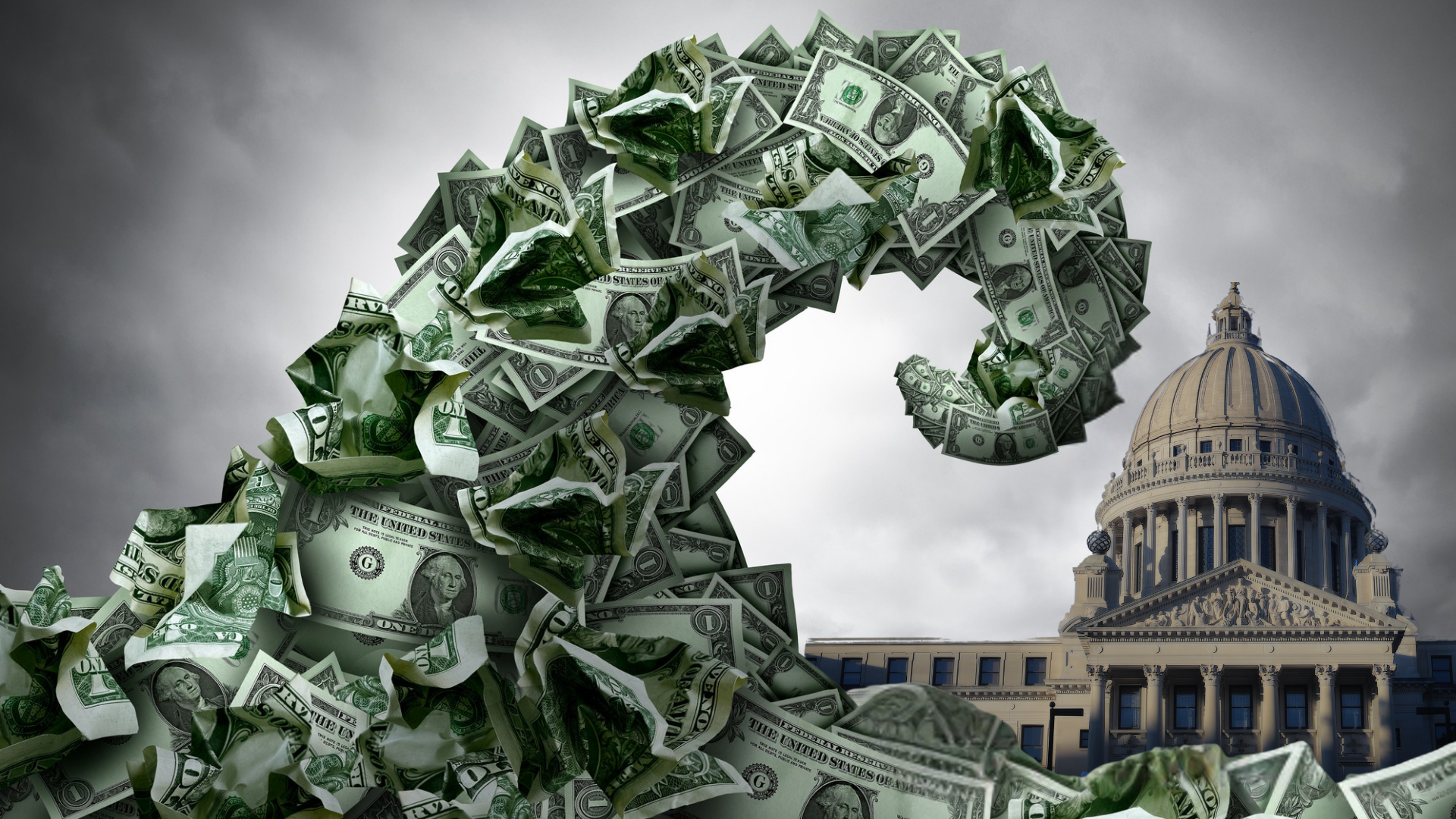Looks like we can add the Congressional Budget Office (CBO) to the long list of tax professionals, including the IRS and every other state revenue department in the country, when it comes to calling a capital gains tax an income tax. This is from a March 22, 2021 CBO report: “Capital Income Taxes - Capital income taxes are taxes on the return on investment.”
The CBO report continues:
“The individual income tax combines a tax on labor income and a tax on capital income, such as interest, dividends, capital gains, and certain business profits. The corporate income tax and estate tax also apply a tax to capital income. By reducing the return on investment, capital income taxes reduce the incentive to save and invest. Because of that effect on saving, which distorts the allocation of resources across periods, the economic distortions of taxes on capital are generally viewed as being larger than those of labor income taxes. The magnitude of the effect of capital income taxes on saving is uncertain and depends on the specifics of the tax change analyzed.
Consumption Taxes - Consumption taxes, which tax goods and services purchased for personal use, introduce fewer incentives to reduce saving than income taxes do. Under an income tax that covers both labor and capital income, income is taxed when it is earned, regardless of whether it is consumed in that year or saved for future consumption. If it is saved, then with an income tax, the return on the saved income is taxed again. By contrast, a consumption tax imposes a tax on current-year income that is consumed, but it exempts income saved for future consumption. That saved income is taxed only when it is used to fund future consumption.
Consumption-based taxes can take different forms and are used widely outside the United States. Similar economic effects could arise from a uniform sales tax on all goods and services, a value added tax, or the combination of a tax on labor income and a business-level tax on the nonwage components of value added. An economically significant characteristic of consumption taxes is that they do not directly affect the return on investment and thus people’s decisions about how much to save.
Consumption taxes are generally more efficient than income taxes because they do not distort saving decisions by altering the return on saving.”
The CBO report also notes:
“Individual and corporate income taxes affect both labor and capital income. Excise taxes are consumption taxes on specific goods.”
Is there any tax professional in the world that calls a capital gains tax an “excise tax”? I haven’t been able to find one.
Additional Information
State Income Tax Proposal: What You Need to Know!






